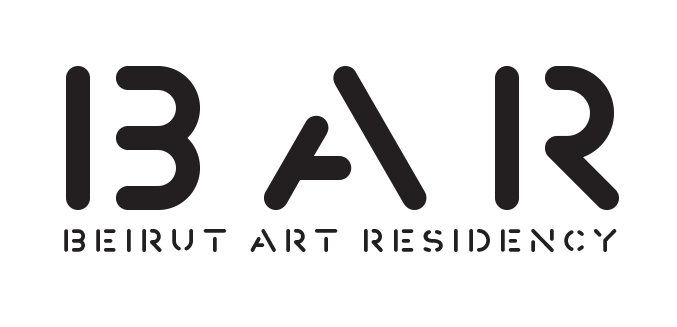HÉLÈN MUTTER
Dates of residency: November till December 2019
Born: 1989
Nationality: French
Lives and works: Brussels, Belgiums
Education:
2020 Ph.D of Art and Sciences of Art, Academy of Fine Arts and University of Brussels
2014 MA National School of Decorative Arts
Selected shows:
2018 Lines, Foto Limo Festival, Cerbère
2017 Before & After, Peinture Fraiche gallery, Brussels
The Artist
In the words of Christian Olsson: Hélène Mutter’s approach is at the cross point of a general-purpose artistic work and a theoretical reflection on space, architectural, urban and technological dimensions of the war. This research is at the same time important and innovative from the point of view of the sociopolitical analysis of the war. Indeed, as part of what was recently called the “aesthetic turning” in the discipline of the international relations, there is a sharp knowledge of the facts that the war does not have only one impact on the representations and imaginary aesthetic, but in return is also worked and transformed by the latter. From this point of view, and whereas these approaches generally analyze the cultural and artistic productions from the point of view of social sciences, this approach gives us an occasion at the same time rare and welcome to gives us to see these interactions to be taken up from double point of view of the artist and the theorist of the interface art/war."
The Residency
Silent Ground is a photographic project started around different urban spaces of people meetings at the beginning of the Revolution in the center of Beirut. Day by day, Mutter created a kind of ritual with her camera by taking pictures of crowd movements that cause geographical modification in the city. Mutter saw that it changed a lot the visual perception of the city by creating both full and empty spaces. Body was an important part of it, because the relation between her camera and herself was central: “I never took a picture with my eyes, but only with my body”. In the course of this experience, she obtained pictures of the same areas but on different days and she started to compose some short stories about important places. She considers that specific process like a mirror effect face to that special environment in Lebanon at this time. In that way, that bodily geography refers also to a geographic composition about the landscape.


